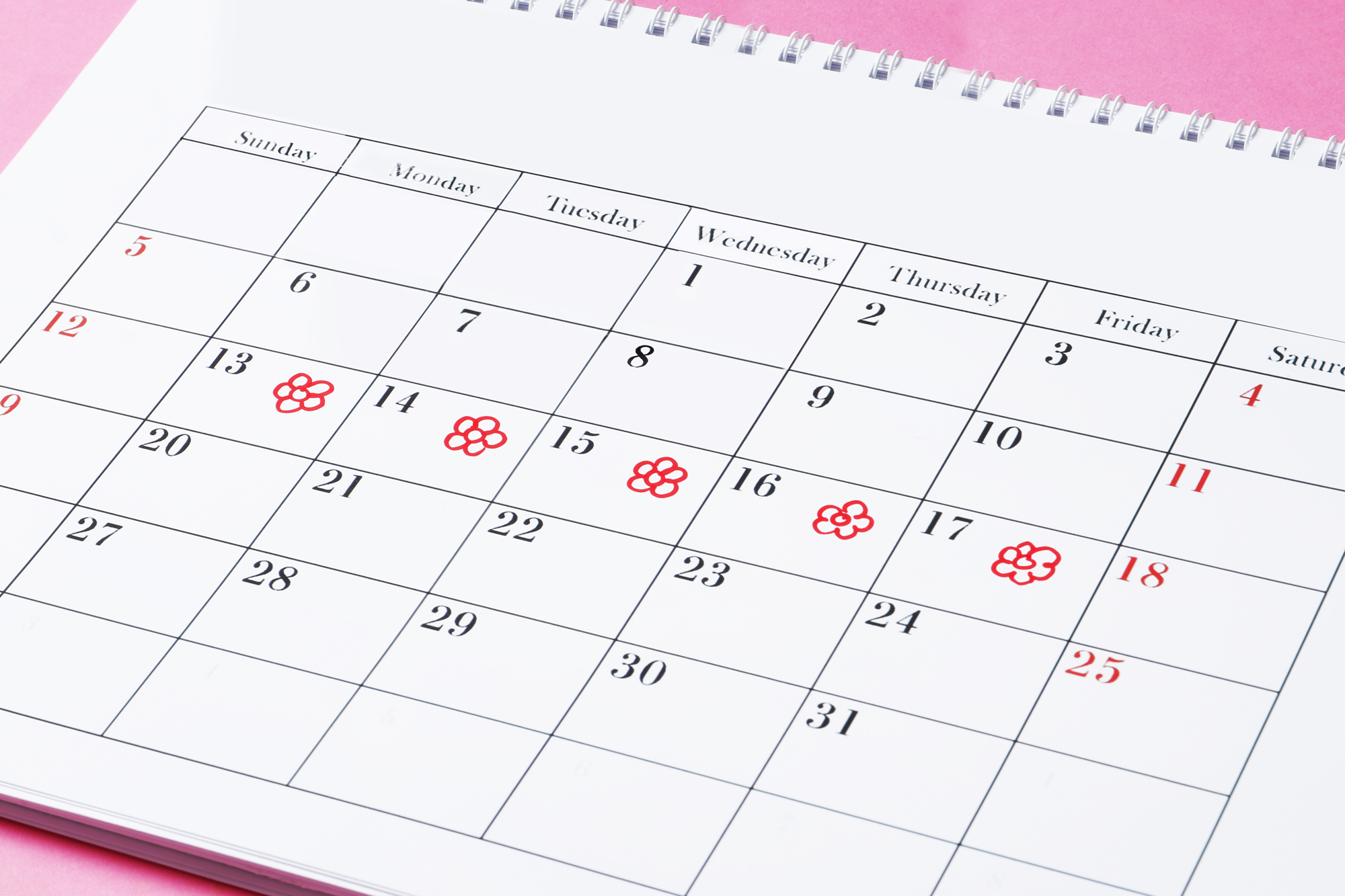
How to deal with dysmenorrhea
Dysmenorrhea or menstrual cramps are common during menstruation in women. These appear in the first days of menstruation and are caused by the contraction of the uterus (when it removes the lining inside that it no longer needs).
Although there are women who do not experience this discomfort during menstruation, dysmenorrhea often indicates that your body has secreted enough progesterone in the previous cycle. If you want a pregnancy in the next period, dysmenorrhea, associated with heavy menstrual flow, indicates that your endometrium is functional and may turn into a placenta later. That is why it is important to tell your doctor in advance so that he or she can prescribe treatment for you.
As I explained above, dysmenorrhea can be a good sign if it does not hide other conditions. That is why it is necessary not to skip the regular visit to the gynecologist, in order to avoid possible complications of your genital tract.
The good news is that there are many ways to reduce such pain and to be able to live an active life even in those “days”. Here are some good methods to practice when dealing with dysmenorrhea:

- Walking or doing light exercise will help warm up the muscles of the uterus and reduce its contractions;
- Applying warm compresses on the abdomen or an electric blanket;
- A half-hour break in which to relax lying in bed or on a couch will help you relax the muscles of the uterus;
- You shouldn’t miss hydration;
- Administration of calcium supplements. If you use this method, you should know that it is taken a few days before menstruation and until it ends;
- Reducing caffeine consumption;
- Administration of oral contraceptives, exclusively under medical supervision. In addition to preventing pregnancy, they act as hormonal regulators and will significantly reduce menstrual flow and pain;
- Use herbal remedies, such as: chamomile, fennel, cinnamon, ginger. They contain anti-inflammatory and antispasmodics, with the role of reducing muscle contractions;
- Elimination from the diet during menstruation of foods that retain water in the body or cause bloating: salt, fat, alcohol, carbonated beverages;
- Ultimately, use painkillers to enjoy a normal life. These have the role of decreasing the intensity and frequency of uterine contractions.
Lifestyle also plays an important role in reducing dysmenorrhea. Here we refer to the obligation to quit smoking, exercise daily or a balanced diet.
